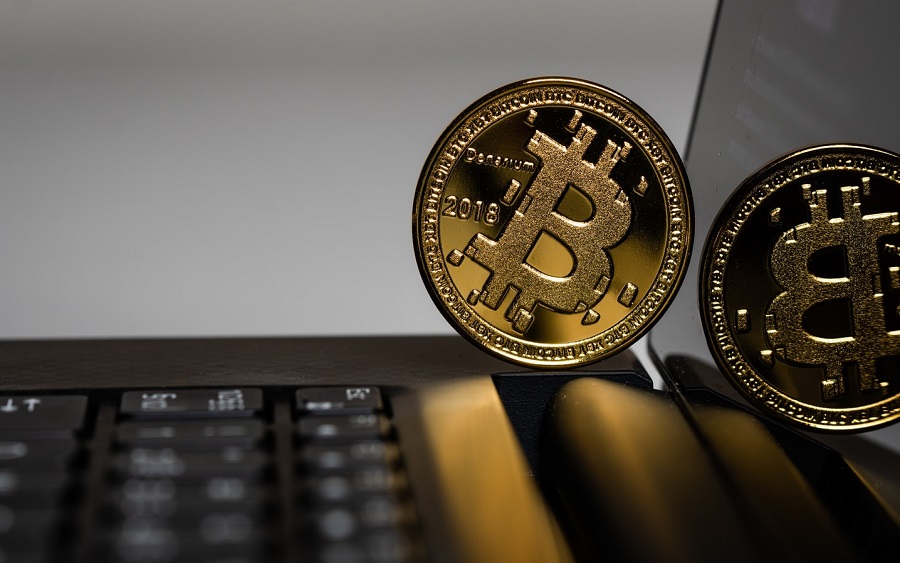For many, the question is not “If” or “when” Cryptocurrency will become the next form of money, but a simply a question of “How”.

By Kalu Aja
On Friday, the Central Bank of Nigeria (CBN) issued a circular reminding the Nigerian financial sector and the general public of
“risks associated with transactions in cryptocurrency”. The CBN went further to prohibit regulated institutions from dealing in cryptocurrencies and or facilitating payments thereof.My view is that Nigeria is losing an opportunity.
The CBN is worried about illicit flows of cash and the seeming ability of cryptocurrencies (CC) to travel in and out of Nigeria unannounced and untaxed, that is a valid fear and the same fear has been raised by both Christine Lagard of the IMF and Janet Yellen, the US Secretary of the Treasury, all these central bankers view bitcoin with regulatory suspicion. However, what do they all have in common? They are bankers, who implicitly are defending their turf.
In Thomas Friedman’s book, “The world is flat”, he details how India rode on the back of the Y2K crisis to build, expand and export her budding IT consultancy sector. Y2K was a challenge, India had a solution, she saw her opportunity and took it. The growth of Tata Consultancy Services (TCS), Infosys, Wipro, HCL Technologies, and Tech Mahindra can be linked to that opportunity. When the Indian IT sector offered a Y2K “patch” it exposed the competence of Indian software programmers to the West. The West invested in Indian human resources. Today Amazon has a huge HQ in India, the CEOs of Microsoft, Alphabet are of Indian descent. India saw her opportunity and took it.
What about India today? India wants to pass the “Cryptocurrency and Regulation of Official Digital Currency Bill” to “create a facilitative framework for the creation of the official digital currency to be issued by the Reserve Bank of India.” This bill will prohibit private cryptocurrencies in India, is Nigeria simply not doing what the tech-heavy India is doing?
No, far from it. In India, the government wants to monopolize cryptocurrency, because they see its huge benefits to the State but its importance also. The cryptocurrency bill in India also allows for “certain exceptions to promote the underlying technology of cryptocurrency and its uses.” In essence, it’s the opposite, India is embracing cryptocurrency, but wants 100% ownership and will still allow private cryptocurrencies under exemptions.
As regards Cryptocurrencies, the question is not “If” Cryptocurrency will become the next form of money, it’s not even a question of “When”, it’s simply a question of “How”.
The largest bank in the US JP Morgan Chase announced in February 2019 the successful trial of her “JPMCoin” a digital coin. JP Morgan plans to use JPMCoin to transfer international payments between her corporate clients. JPMCoin is based on blockchain tech and thus can be used to track transactions without record keeping.
What exactly does this mean?
When money is exchanged between different parties over a blockchain it needs a digital currency; thus the 1 JPMCoin simply represents $1 held by JP Morgan Chase bank. When transfers are made they are instantaneous because the blockchain ledged can easily and quickly verify that chain of transaction. So for JP Morgan, it means it can transfer funds any time of the day, instantaneous, at zero cost because it does not need a third party transfer agent.
Keep in mind when Nigeria sells oil, the $ proceeds are placed in the JP Morgan/NNPC/CBN account, with the JPMCoin, Nigeria (CBN) can request daily remittance of sales proceeds and receive them instantaneously, no cost, no delay, no fee. This is what the CBN will enjoy being a customer of JP Morgan.
One then wonders why the CBN seeks to deny Nigerian banks the opportunity to deploy that same blockchain technology, create a crypto clearinghouse and facilitate instant international transfers between local and international banks. Would that not boost Remittances?
There will be no need to wire money or hire a department to verify and track payments. Nigerian airlines for instance can send USD to service their planes via GTCoin, and CBN can create an exporters window where instant remittance of export proceeds can flow back in stablecoin cryptocurrency.
This should be a win for Nigeria.
Nigeria is in competition in Africa with Egypt and Kenya as the IT and Innovation hub. Mark Zukerberg of Facebook has been to Yaba, so has Jack Dorsey of Twitter, they both see potential in Nigeria. What if the CBN invited all the FINTECH and Software firms in Nigeria and tasked them to work with the financial sectors to build a cryptocurrency ecosystem for banks, to allow each bank to issue her digital coin. Would that not solve the cash economy? If traders in Alaba can accept ZenithCoin as payment for a TV and see instant verified credit, who will carry cash around? It even eliminates fakes, you cant hack the blockchain.
Can
Nigeria not seek to create a digital currency for ECOWAS, backed by her
Foreign Reserves, such a move will instantly make the ECOCoin issued by
the CBN as the reserve currency of West Africa, eclipsing the CFA
So why is Nigeria allowing this opportunity to pass? If Nigeria
hesitates, Kenyans and Egyptians will fill that void. Nature they say
abhors a vacuum
Do follow on @FinPlanKaluAja1





No comments :
Post a Comment